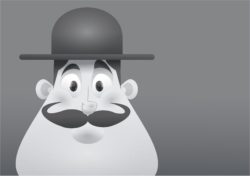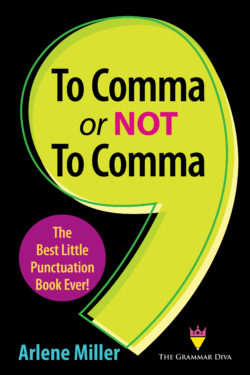Did you know that set has more definitions than any other word in the English language? It has 464! The Oxford English Dictionary‘s full entry of the word set is two times longer than George Orwell’s Animal Farm!
For our past posts on fun facts about words, click here or here.
In 16th century English, twirk meant to “twist the hairs of a mustache.” (But notice the difference in spelling. It isn’t twerk!)
In 18th century English a wobble-shop was a place where beer was sold without a license.
The use of the word selfie increased by 17,000 percent between 2012 and 2013. Can you imagine how much it has increased from 2013 to now?
A dazzle is a group of dragonflies. Makes some sense.
An aurora is a group of polar bears. That, too, makes some sense.
Would you rather drink water than alcohol? If so, you are an aquabib.
In Tudor English ducks were nicknamed arsefeet because their legs are so far back on their bodies.
If you are carrying on a conversation with whispers, you are having a toot-moot.
Do you throw many of the initial drafts of your writing into the wagger-pagger-bagger? (1920’s slang for a wastepaper basket.)
To snirtle is to try to suppress a laugh. We need a snirtle emoticon.
Etymologically, Great Britain means “great land of the tattooed.”
Do you go around and drink the heeltaps at the end of a party?? Hope not. (The remnants of a drink left in the bottom of a glass.)
There are no words for yes and no in Latin. (And apparently no questions that require a yes or no answer!)
The sign language equivalent of a tongue-twister is called a finger-fumbler.
The expression “possession is nine-tenths of the law” was originally “eleven-twelfths of the law,” which is smaller. No one knows why it changed.
Enjoy Hangman? A study (who studies these things?) in 2010 found that the hardest word to guess is jazz. (Unless you guess the letter z!)
Earth is the only planet in our solar system that is not named after a god.
The articles a, and and the do not exist in Russian. (I will refrain from making any further comments about this one.)
—————————————————————————————————





I’ve seen this etymology of the ‘Britain’ before but it’s a;most certainly apocryphal. It’s more likely to have a P=Celtic root (People of the form) or the like. The first known use was by Pythaes ib 325BC. He called Bretannike.
The ‘Great’ was suggested by James the First when he first floated the idea of unification between England and Scotland. It was adopted at the Act of Union in 1707. So Great Britain refers to just the subset of England and Scotland.
For foreigners, the actual name of our country is The United Kingdom of Great Britain and Northern Ireland. We are four Countries, England, Wales (which is a principality), Scotland and Northern Ireland.
We have one parliament to govern us all but Scotland, Northern Ireland and Wales have their own regional parliaments. The English don’t have their own parliament (we’re not important enough – our job is to just pay for all the others!) … That will invoke a response!!!!
Thank you for that information….from the horse’s mouth.
It’s true that 1/12 is less than 1/10, but 11/12 is equal to 91.7%, which is greater than 9/10 (90%).
Did I goof on the math?? Thanks for the correction.
I was fascinated to read that etymologically, Great Britain means “great land of the tattooed.” I always thought it had to do with the Brittany or Breton or the Romans
I found this on Wiki. c. 1400, Grete Britaigne “the land of the Britons before the English conquest”
I would be delighted if you would you supply a reference.
I don’t know where I originally found it, but there are some things on the Internet. Here is one:
http://www.bbc.com/future/story/20161110-the-name-for-britain-comes-from-our-ancient-love-of-tattoos